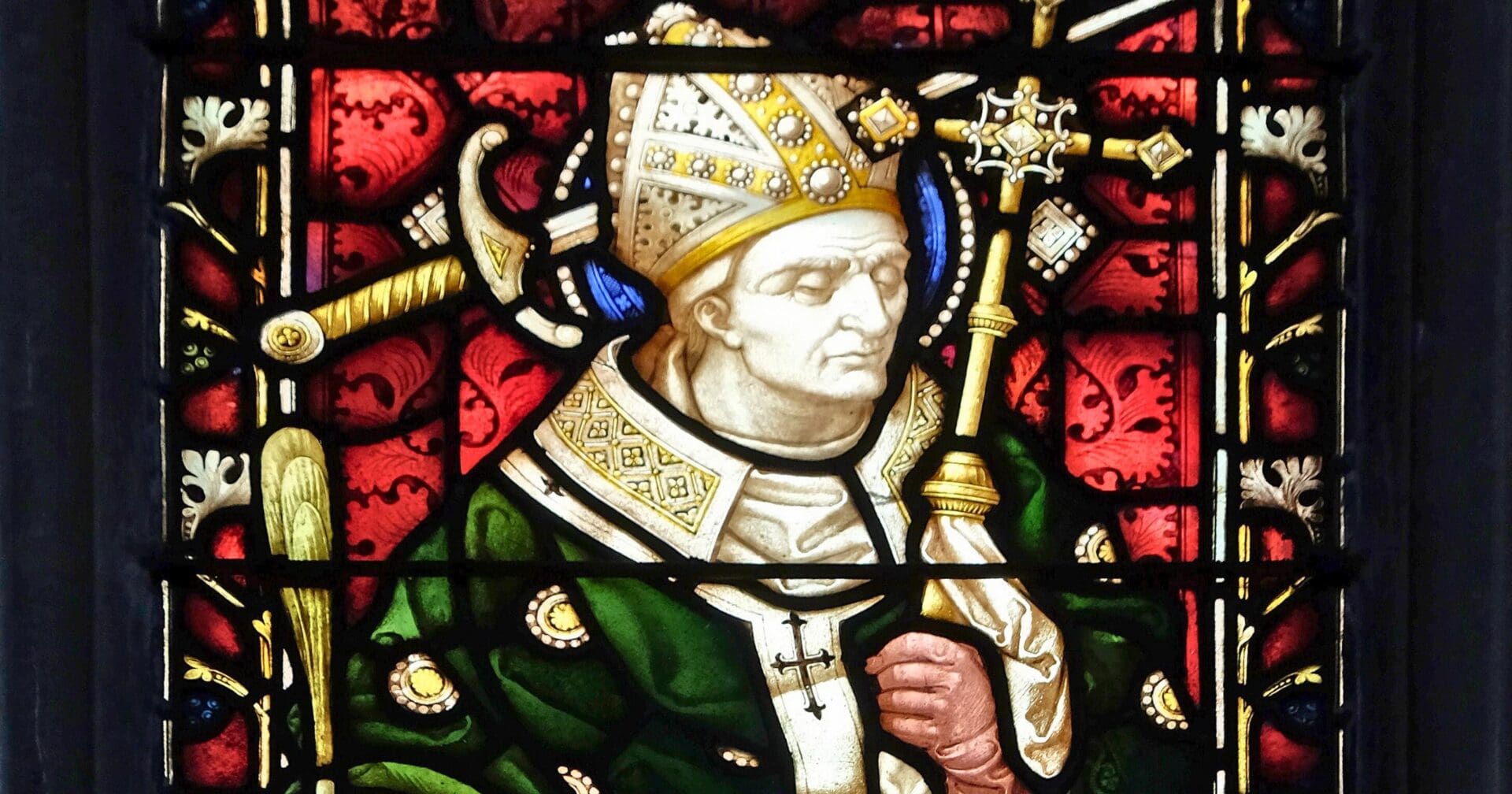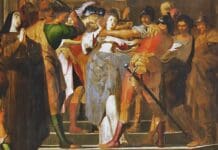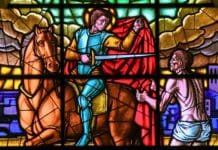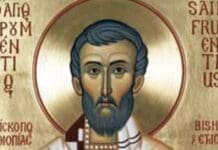Thomas Becket, born on St. Thomas Day in 1118, was a significant figure in English history, known for his conflicts with King Henry II. Despite a romantic legend about his parentage involving a Saracen princess, contemporary records identify his father as Gilbert Becket, a sheriff of London. Becket received his education at Merton Priory in Sussex and the University of Paris.
In 1155, Becket became Chancellor to King Henry II, gaining the king’s trust and handling responsibilities like raising war funds, diplomatic negotiations, and overseeing the royal secretariat. His rise continued as he was recommended by Henry to the monks of Canterbury to succeed Archbishop Theobald. Becket was consecrated as Archbishop on June 3, 1162.
However, Becket’s relationship with the King soured when he resigned from the chancery and opposed the King’s efforts to restore royal powers to their extent under Henry I. This conflict intensified over the issue of “criminous clerks,” clergy accused of serious crimes, and whether they should be tried in the King’s courts or ecclesiastical courts.
The pivotal moment came at Clarendon in January 1164, where King Henry II demanded bishops to accept the “customs” of his grandfather, defining royal authority over the church. Becket initially verbally agreed but later refused to seal the Constitutions of Clarendon, leading to legal charges against him. Facing judgment from the King, Becket fled to France and appealed to Pope Alexander III, who was himself a refugee.
Becket spent nearly six years in exile, attempting to negotiate with the King, English bishops, and the Pope. His only leverage was the threat of excommunication and interdict, but this was limited due to difficulties in enforcing these in England and the Pope’s occasional restrictions on Becket’s powers.
The situation escalated in June 1170 when Henry had his son crowned by the Archbishop of York, infringing on Canterbury’s rights. Fearing excommunication, Henry allowed a reconciliation with Becket, who returned to England in December 1170. However, on December 29, Becket was murdered by four knights from the King’s court, with Henry’s involvement remaining uncertain.
Becket was canonized in 1173 and became a martyr figure, with his tomb in Canterbury attracting numerous pilgrims. However, his tomb was destroyed in 1538 by King Henry VIII. Despite Becket’s struggle, most customs he opposed became law. Yet, he made lasting impacts: appeals from Church courts in England to the Pope were allowed without the King’s interference, and “criminous clerks” were tried in Church courts, affecting English law for centuries.
Editorial credit: Zvonimir Atletic / Shutterstock.com




















Thank you a very understandable history of the problems facing St. Thomas a’ Becket.
Saint Thomas Becket pray for us amen